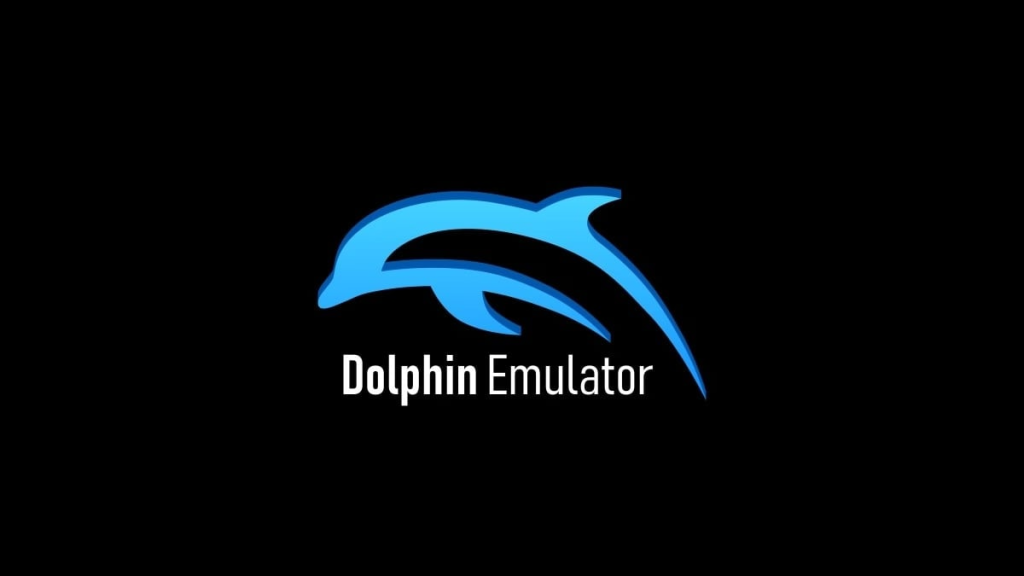Nintendo has responded to actions it took to have the popular Dolphin emulator for GameCube and Wii taken down from Steam’s store, calling the move a way to protect its work.
Why did Nintendo block the Dolphin emulator?
The creators behind Dolphin, an emulator for the Nintendo Gamecube and Wii, announced over the…











